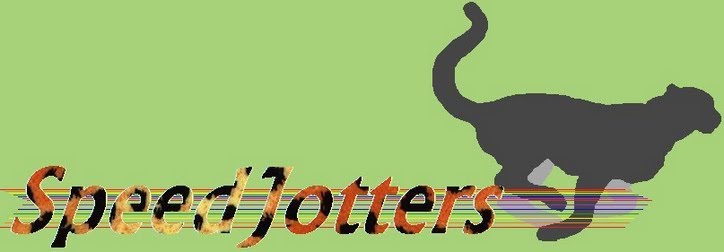Monday, December 07, 2009
Writing Program Notes by Satoko. H
As a music major, I had the opportunity of writing program notes for my own piano recital the other day. It was an interesting experience for me – As a performer, I always try to express lots of things just by playing my instrument (in my case, it is piano), without using any words. Having a recital is one way to have a place to express music by playing music. However, writing program notes is different from expressing music. It is a guide for the audience to what to listen to in the music, and to help them understand the music more, by giving them background information.
Technical writing in music could be biographical/historical studies of music, musical style studies, analysis of music, performance study, organological study, etc. These are academic and professional writings in music, in other words, they have lots of musical terminologies, that need to be explained when used for program notes. The audience one writes these program notes for is usually considered an audience of non-musicians who are interested in music (they are sometimes knowledgeable, but sometimes not).
In general, program notes include the components below:
•a brief introduction to the composer
•a section about the work’s historical context and the circumstances surrounding its composition
•a description of the work itself
You will need a good amount of research on the music, and time to analyze and interpret the music, sometimes using your knowledge of music theories.
In order to help the audience appreciate the music in the concert, however, you should not use too much technical language or too much poetic descriptions. The balance between the two is very important to make the information on the notes relevant and interesting.
Reference:
http://www.abrsm.org/resources/writingProgNotesApr05.pdf
http://www.uiowa.edu/~writingc/writers/handouts/WritingAboutMusic.shtml
Template Usage in Writing By Josh Miller
When first looking at documents most people can tell whether a template was used or not. Seeing the same thing all the time can be boring when looking over similar documents. I know using a template is the easiest way to put together a solid document, but the documents that tend to impress are put together in a way that is unique. I think mostly everyone would agree that it can be advantageous to think outside the box sometimes when writing.
It was a pleasure working with all of you. Best of luck with all of your future professional writing.
How to be persuasive in professional writing by Craig Holten
A Winning Argument
Research has found that people accept an argument for one of four reasons:
1. They perceive the writer or speaker as having credibility
2. They are won over by the research and evidence
3. They are convinced by logical reasoning
4. They are moved by emotional appeals.
If a writer can manage to incorporate most or all of the following ideas above, there will be a very good chance that you will convince or persuade your audience to agree with your stance!
I had a blast working with all of you and taking this class in general!
http://articlecomposition.suite101.com/article.cfm/the_art_of_persuasionPutting It All Together and Writing Completely by Raphael Costa
Writing completely is going to be the union of all the other tips I have posted before such as tips on writing effectively, clearly, correctly and concisely. I chose to write about these topics on purpose, so I could go over all the tips necessary for us to be great writers. There are some considerations that we have to make when writing a text completely. One of them is, write full sentences. Do not repeat, but include all of the essentials in each paragraph. Another tip is, pay attention to your writing so that you spell words correctly. If you are not sure of the spelling of a word, consult a dictionary or use the spell check function of your word processing program. Use correct punctuation and usage in order to make your text a reliable source of information for whoever is reading it.
It was really nice working with you on this blog!! Hopefully, I brought some interesting subjects to you guys and turned the lessons on how to write better into something fun and easy to learn. I can say that I learned a lot from your posts, so…let’s all become better writers from now on!!
References:
http://business-writing.proof-reading.com/
http://www.youtube.com/watch?v=F6S6dbzAzxQ&NR=1
Sunday, December 06, 2009
Presentations that WOW by Jamie Z.
I hoped you enjoyed the PhotoStory I created. Hopefully you gained a little bit of knowledge from it. I enjoyed working with all of you in creating and establishing Speed Jotters!
References:
http://www.the-eggman.com/writings/keystep1.html
http://presentationsoft.about.com/od/powerpointinbusiness/tp/071231resolutions.htm
http://presentationsoft.about.com/od/powerpointinbusiness/tp/bus_pres_tips.htm
Tuesday, December 01, 2009
When Use Wikis? by Satoko. H
Reference:
Library Leadership Network, Wikis -- When and How?
http://lln.lyrasis.org/node/378
